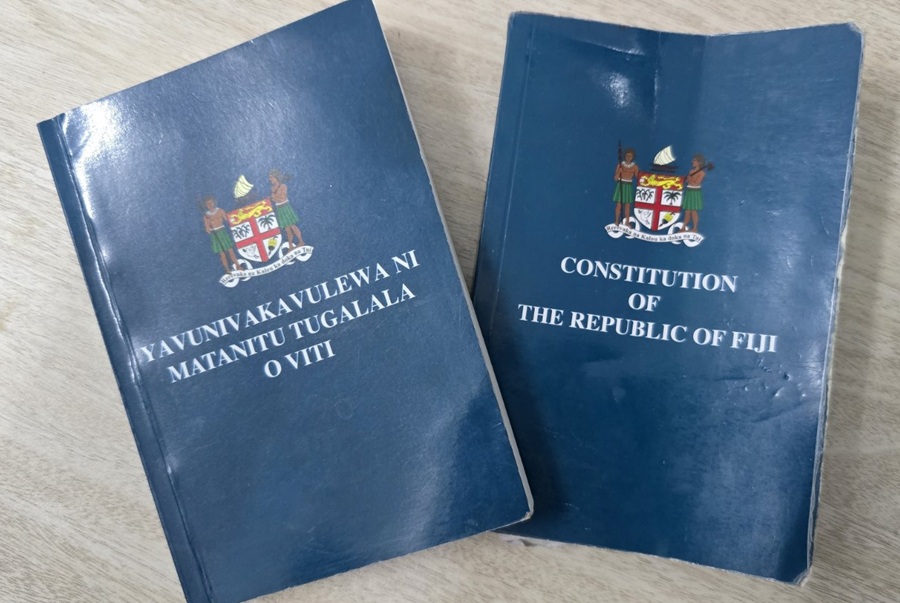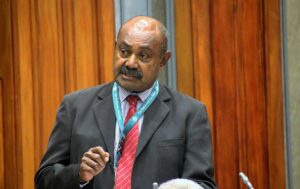A Bill to amend relevant provisions of Chapter 11 of the 2013 Constitution is being finalised for tabling in Parliament as Cabinet sets in motion measures to initiate a review of the supreme law of Fiji.
The government has also announced plans to establish a Constitution Review Commission (CRC) tasked with engaging the people of Fiji in a consultative process.
“The 2013 Constitution has been subject to wide criticism since its imposition,” Rabuka stated in a statement following today’s cabinet meeting in Suva. “The criticisms relate both to the manner and process leading to its adoption, as well as aspects of its substantive content.”
Chapter 11 of the 2013 Constitution outlines a stringent process that must be followed to amend the Constitution. The proposed amendment must pass three readings in Parliament, with at least three-quarters of members voting in favour during the second and third readings. An interval of 30 days must separate these readings to allow for thorough debate. A nationwide referendum must secure approval from three-quarters of registered voters for the amendment to take effect.
Many consider these requirements restrictive, a view Rabuka acknowledged. At a January 10 press event announcing his cabinet expansion, he called them “almost an impossible hurdle” but reiterated the government’s determination to press on
The Coalition Government made some inroads in this regard that day. As a result of the cabinet expansion and the inclusion of the Opposition G9 independents, the Coalition Government now holds 38 of the 55 parliamentary votes, equating to an almost 70% majority—four votes short of the required 75% majority.
Rabuka highlighted that constitutional review was a prominent feature in many political parties’ campaigns during the 2022 General Elections. Since taking office after the 2022 Elections, he has also been vocal about the need to review the Constitution. In an October 2024 address at the National Federation Party (NFP) Convention, Rabuka criticised the 2013 Constitution’s “regressive limitations on human rights” compared to the “more progressive 1997 Constitution.” He also highlighted its single national constituency system, arguing that it denies voters direct access to their elected representatives.
The former military commander and current Minister for Immigration, Viliame Naupoto, has also been a vocal supporter of constitutional review. In an August 2024 parliamentary session, he cited the Constitution’s political bias and lack of unifying effect as key reasons for the revision.
The Great Council of Chiefs echoed these sentiments during their November 2024 meeting, prompted by the need to change certain legislations affecting the iTaukei.
With cabinet’s endorsement, the Bill and the CRC will form part of the coalition government’s legislative program for the year. The country’s President Ratu Naiqama Lalabalavu is expected to outline further details during the opening of Parliament’s new session scheduled for February 24.
Related Articles:
GCC Discusses Legal Reform and Calls for Review of 2013 Constitution
Fiji’s PM Rabuka Calls for Constitutional Reform as Electoral Landscape Shifts
Fiji 2013 Constitution bias, and not unifying, warrants urgent review: Naupoto









